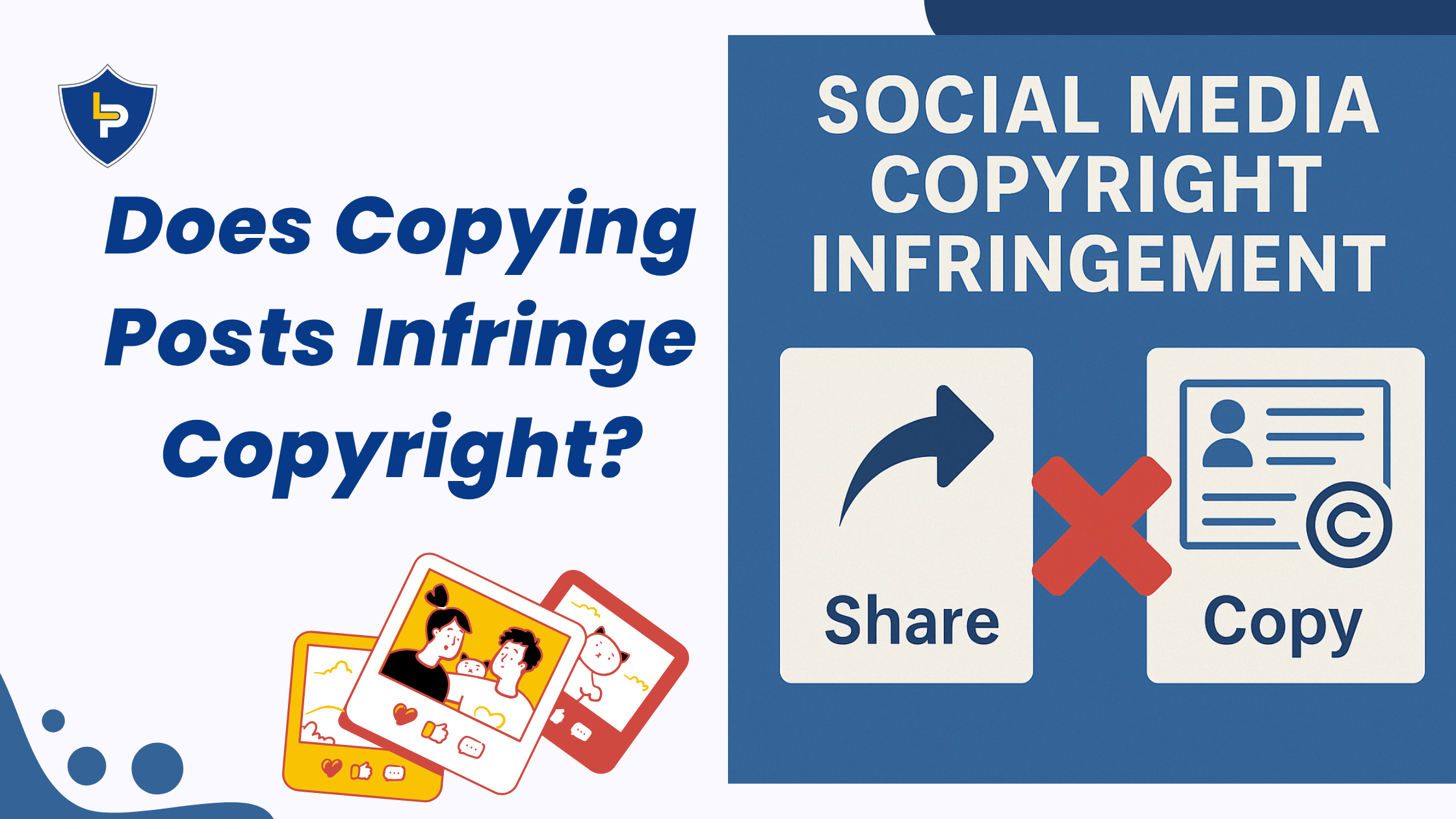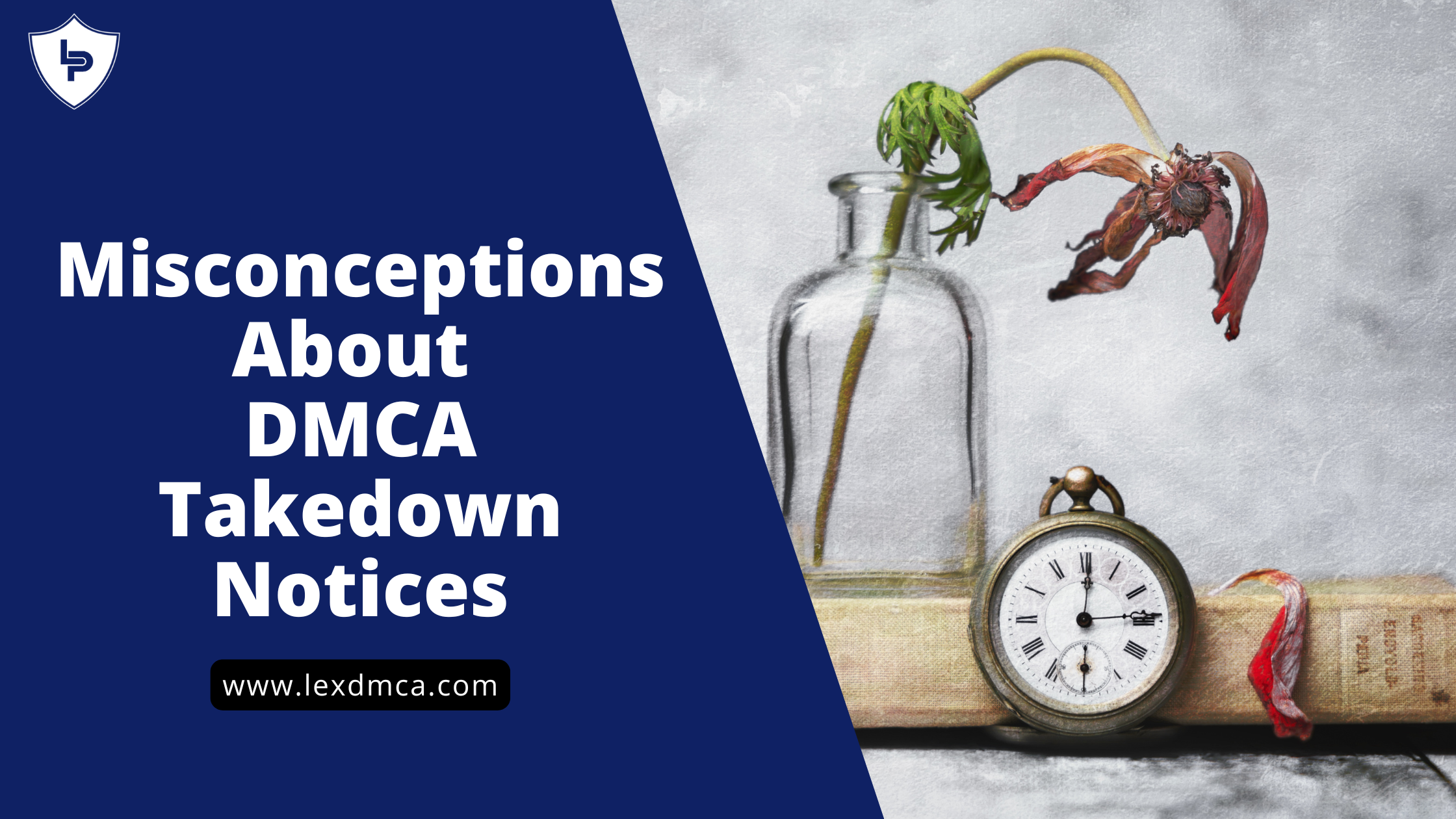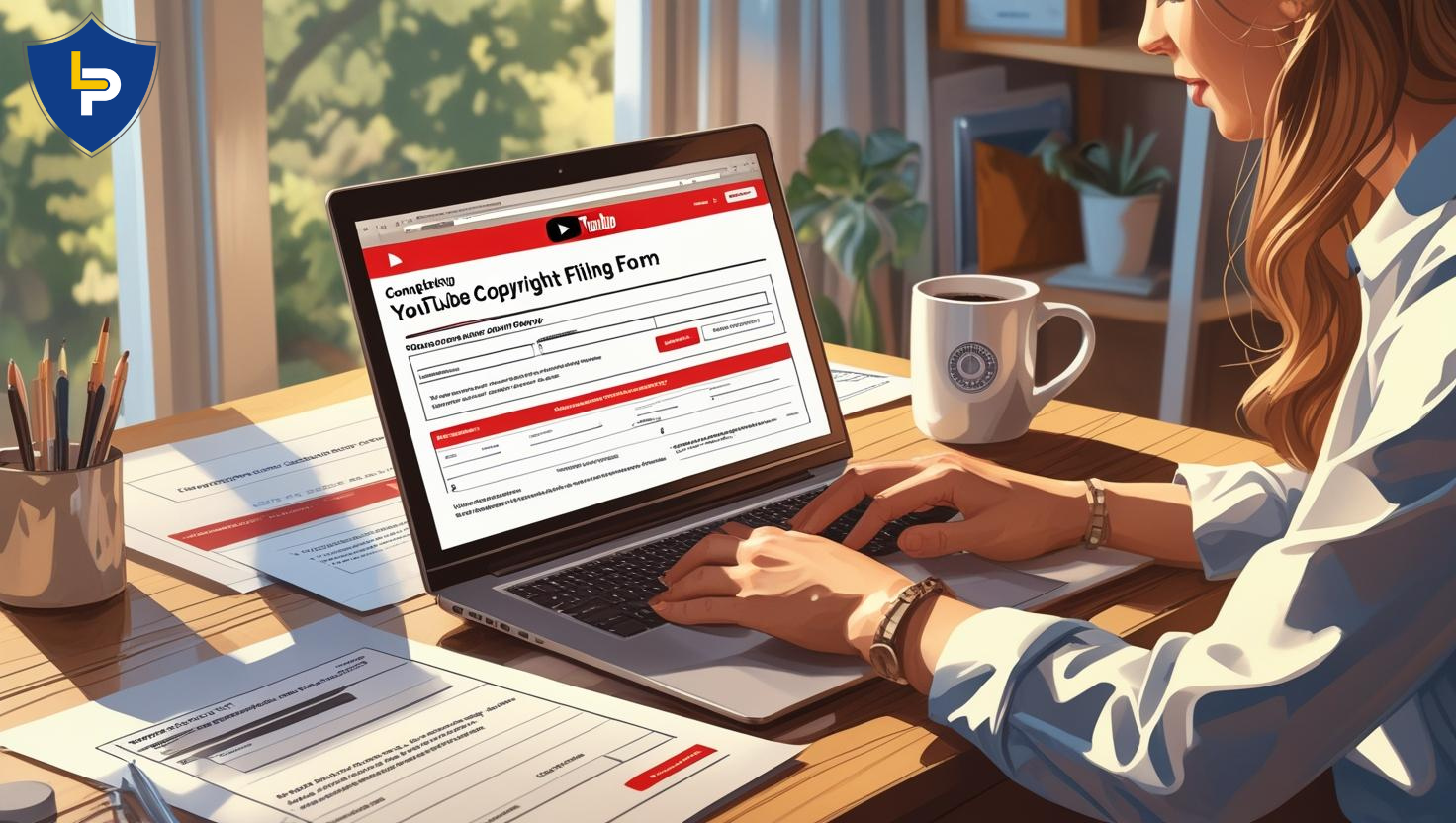The Role of DMCA Services in Protecting Your Content
In the digital age, safeguarding your online content is more crucial than ever. As creators and businesses strive to maintain ownership and recognition for their work, the need for effective protection mechanisms has surged. This is where DMCA services come into play. Understanding their role can significantly enhance your content security strategy and ensure your intellectual property remains yours.
Table of Contents
1. What is DMCA?
2. The Importance of Protecting Your Content
3. How DMCA Services Work
4. Benefits of Using DMCA Services
5. Choosing the Right DMCA Service Provider
6. Conclusion
7. FAQs
What is DMCA?
The Digital Millennium Copyright Act (DMCA) is a United States copyright law that was enacted in 1998. It provides a legal framework for copyright owners to combat online piracy and unauthorized use of their content. The DMCA enables copyright holders to request the removal of infringing material from websites and search engines through a formal notice-and-takedown process.
The Importance of Protecting Your Content
In the digital realm, content is king. Whether you are a blogger, photographer, musician, or business owner, your content represents your brand and creativity. Unauthorized use or replication of your work can lead to financial losses, reputational damage, and a dilution of your brand identity. Therefore, protecting your content is not just about ownership; it’s about safeguarding your livelihood.
How DMCA Services Work
DMCA services act as a bridge between copyright owners and the platforms hosting infringing content. Here’s a step-by-step look at how these services operate:
1. Monitoring and Detection
DMCA services often include monitoring tools that scan the internet for copies or uses of your content without permission. These tools identify potential infringements and notify the copyright owner.
2. Takedown Notices
Once an infringement is identified, the DMCA service drafts and sends a takedown notice to the offending website or platform. This notice demands the removal of the infringing content within a specific timeframe, as outlined by the DMCA.
3. Follow-Up and Enforcement
If the infringing party fails to comply, DMCA services may escalate the issue, potentially involving legal action to ensure compliance. Some services also offer follow-up monitoring to ensure the content does not reappear elsewhere.
Benefits of Using DMCA Services
Utilizing DMCA services offers several advantages for content creators and businesses:
1. Time-Saving
Manually monitoring and addressing content infringement can be time-consuming. DMCA services automate this process, allowing you to focus on creating rather than policing your work.
2. Expertise and Guidance
DMCA service providers are experts in copyright law and the takedown process. They offer valuable guidance and ensure that your rights are enforced effectively and efficiently.
3. Peace of Mind
Knowing that your content is protected provides peace of mind. With a reliable DMCA service, you can rest assured that infringement issues are being handled professionally.
Choosing the Right DMCA Service Provider
When selecting a DMCA service provider, consider the following factors:
1. Reputation and Reviews
Research potential providers to assess their reputation. Look for reviews and testimonials from other content creators and businesses that have used their services.
2. Range of Services
Ensure the provider offers comprehensive services that meet your needs, including monitoring, takedown notices, and legal support if necessary.
3. Cost-Effectiveness
Compare pricing plans to find a provider that offers a good balance between cost and the level of service provided.
Conclusion
In today’s content-driven world, protecting your digital creations is more important than ever. DMCA services offer a robust solution to combat unauthorized use and ensure your intellectual property remains under your control. By choosing the right service provider, you can safeguard your content, secure your brand, and focus on what you do best—creating.
FAQs
What does a DMCA takedown notice include?
A DMCA takedown notice typically includes identification of the copyrighted work, information about the infringing material, and a statement of good faith belief that the material is not authorized by the copyright owner.
Can I handle DMCA takedown notices myself?
Yes, you can handle DMCA takedown notices yourself. However, using a DMCA service can streamline the process and ensure accuracy and legal compliance.
Is DMCA protection only applicable in the United States?
While the DMCA is a U.S. law, many international platforms respect and process DMCA takedown requests. Additionally, similar laws exist in other countries to protect copyright holders globally.






 +1 888 890 6411
+1 888 890 6411